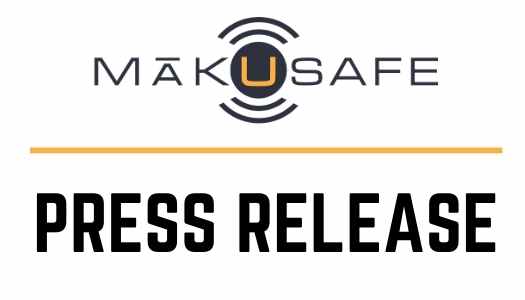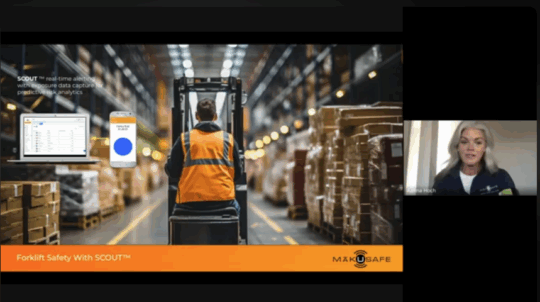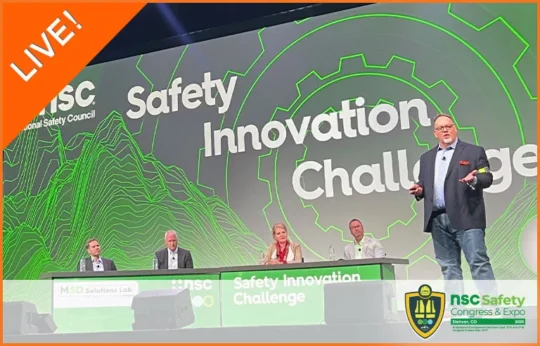LifeLine Emergency Vehicles shares experience with MākuSafe wearable safety tech
August 10, 2024
Life Line Emergency Vehicles, a 100% employee-owned manufacturer of custom ambulances in Sumner, Iowa, prioritizes employee safety and well-being. Introduced to MākuSafe through CIRAS, Iowa State University’s Center for Industrial Research and Service, Life Line sought to address both known safety concerns and unidentified hazards across their facility.
Their journey began with a small pilot of MākuSafe in 2021, covering 40 workers, which gradually expanded to encompass 160 workers, including office staff, by January 2023. The decision to adopt MākuSafe was driven by their commitment to “do safety differently” and the desire to leverage data-driven insights for informed decision-making.
Data is everything in this line of work
A cornerstone of Life Line’s safety approach is the proactive use of data generated by wearable devices provided by MākuSafe. Through diligent monitoring and monthly meetings with technology experts, they gain a deep understanding of the insights gleaned from the devices. Quarterly reviews with their workers’ compensation insurer further facilitate comprehensive data analysis, enabling proactive risk mitigation strategies.
By harnessing the data captured by wearable devices, Life Line identifies ergonomic issues and body motions, such as push/pull injuries, in real-time. Armed with this information, they promptly implement changes to work processes or provide appropriate support to employees, effectively reducing stress on their bodies and mitigating potential hazards.
The results of Life Line’s data-driven safety approach speak volumes:
- Initially started with 40 wearables, increased to 160 due to successful outcomes.
- Started conducting daily data review, monthly tech provider meetings, and quarterly insurer reviews.
- Identified ergonomic issues, leading to solutions like lift tables and process changes.
- Over 335 “good catches” reported or detected by MākuSafe, with 82% successfully addressed.
- Workers’ compensation costs reduced by 60% from 2021–2023.
- Fewer lost time hours, trip hazards, and cleaner, more efficient work areas.
- Addressed employee privacy concerns and educated on data usage.Promoted transparency and management participation for employee buy-in.
Workplace safety – a Life Line success story
Life Line’s collaboration with EMC Insurance Companies, leveraging the cutting-edge technology of MākuSafe, underscores their unwavering commitment to workplace safety. By utilizing MakuSafe’s advanced data insights on motion hazards, they transitioned from reactive measures to a proactive “predict and prevent” approach. This shift not only reduced work comp claims significantly but also enhanced operational efficiency, leading to substantial savings on insurance premiums.
Voice reports emerged as another valuable tool for Life Line, enabling frontline workers to report equipment issues and supply needs promptly. In a rapidly evolving work environment, investing in advanced safety technologies like wearable devices isn’t just a choice—it’s a necessity for organizations committed to fostering a culture of safety and well-being.
By embracing innovation and leveraging data-driven insights, Life Line exemplifies how forward-thinking companies can prioritize employee safety while achieving tangible business outcomes. Their success story underscores the transformative impact of proactive safety measures and serves as inspiration for others striving to create safer work environments.





